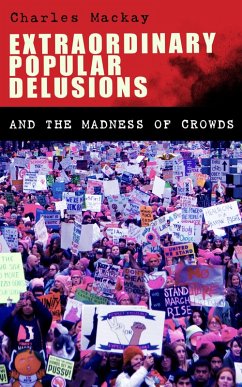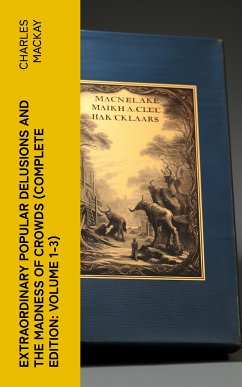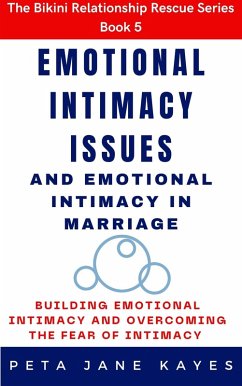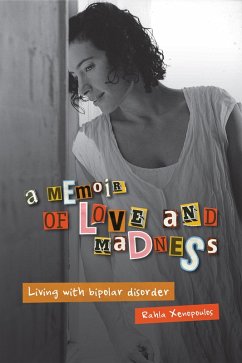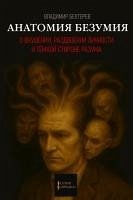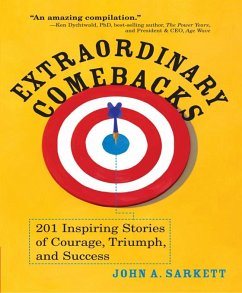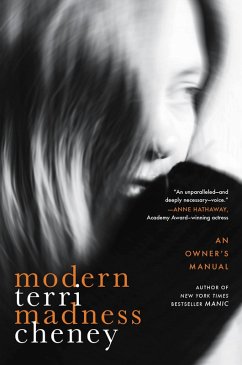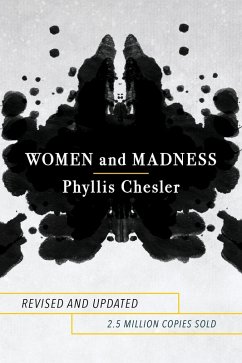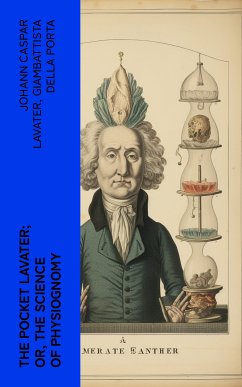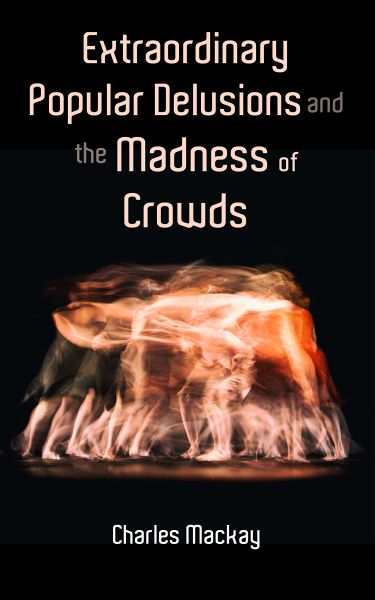
Extraordinary Popular Delusions and the Madness of Crowds (eBook, ePUB)
Vol.1-3

PAYBACK Punkte
0 °P sammeln!
Extraordinary Popular Delusions and the Madness of Crowds is a study of crowd psychology by Scottish journalist Charles Mackay. The subjects of Mackay's debunking include witchcraft, alchemy, crusades, duels, economic bubbles, fortune-telling, haunted houses, the Drummer of Tedworth, the influence of politics and religion on the shapes of beards and hair, magnetizers (influence of imagination in curing disease), murder through poisoning, prophecies, popular admiration of great thieves, popular follies of great cities, and relics. Contents: Volume 1: National Delusions: The Mississippi Scheme T...
Extraordinary Popular Delusions and the Madness of Crowds is a study of crowd psychology by Scottish journalist Charles Mackay. The subjects of Mackay's debunking include witchcraft, alchemy, crusades, duels, economic bubbles, fortune-telling, haunted houses, the Drummer of Tedworth, the influence of politics and religion on the shapes of beards and hair, magnetizers (influence of imagination in curing disease), murder through poisoning, prophecies, popular admiration of great thieves, popular follies of great cities, and relics. Contents: Volume 1: National Delusions: The Mississippi Scheme The South Sea Bubble The Tulipomania Relics Modern Prophecies Popular Admiration for Great Thieves Influence of Politics and Religion on the Hair and Beard Duels and Ordeals The Love of the Marvellous and the Disbelief of the True Popular Follies in Great Cities Old Price Riots The Thugs, or Phansigars Volume 2: Peculiar Follies: The Crusades The Witch Mania The Slow Poisoners Haunted Houses Volume 3: Philosophical Delusions : The Alchemysts Fortune Telling The Magnetisers
Dieser Download kann aus rechtlichen Gründen nur mit Rechnungsadresse in A, B, BG, CY, CZ, D, DK, EW, E, FIN, F, GR, H, IRL, I, LT, L, LR, M, NL, PL, P, R, S, SLO, SK ausgeliefert werden.




